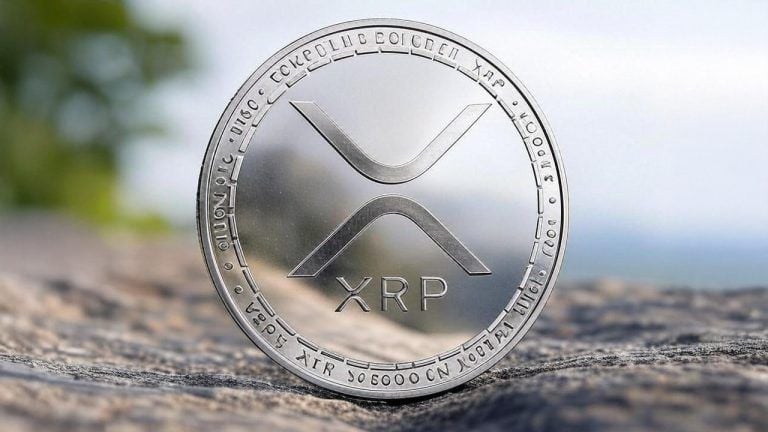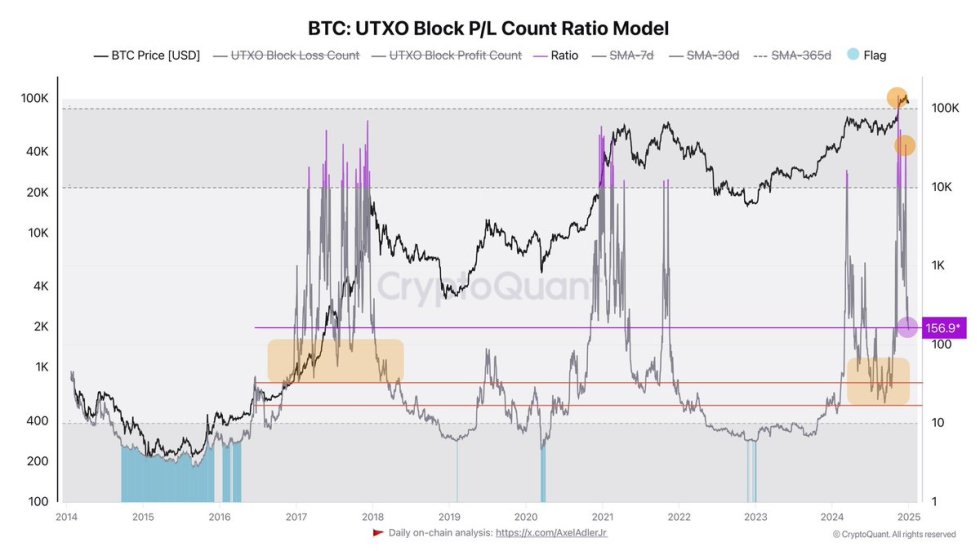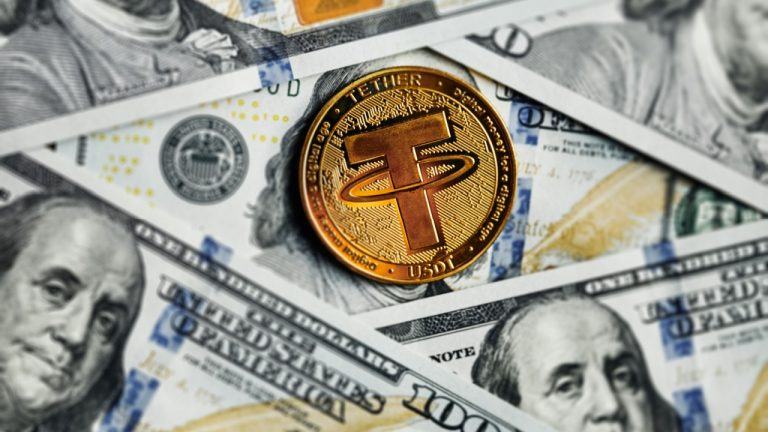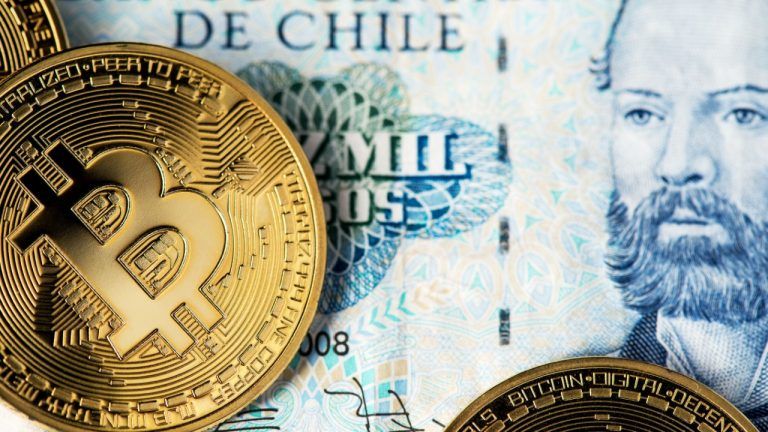
The world of cryptocurrency shares a similar template to the emergence of the World Wide Web back in the 1990s.
This year marks the 30th anniversary of the first web page on the World Wide Web, which means a person has to be nearly half a century old to clearly remember the patchwork progress, the false starts and stops, and the trial and error that eventually gave us what is now the defining foundation of 21st-century life.
We take the internet for granted in 2021, but it took us decades to get to this point. Throughout the years, the barriers toward adoption tumbled away, and there were clear signs that this new technology would fundamentally change the way the world lives and works.
Now, soaring Bitcoin (BTC), the blockbuster initial public offering of Coinbase and the appointment of MIT blockchain professor Gary Gensler to lead the United States Securities and Exchange Commission are offering clear signs that another technology will be transformational on a similar scale: cryptocurrency.
Do these recent developments mean crypto is approaching its “Netscape moment?”
In the early ‘90s, the internet was about connecting through a phone modem to three major services — AOL, CompuServe and Prodigy — all of which made up what we called the “World Wide Wait,” which illustrates the headache that was caused by loading those rudimentary pages. For those of us old enough to participate in these earliest days of the transition, all the way to a consumer internet, we remember well that moment when everything changed.
It was August 1995, when Netscape went public with its main product Navigator, the first browser that allowed anyone to surf the net without having to pay for “World Wide Wait’s” services. This was the moment internet adoption went mainstream, and it created a frenzy that lasted until the dot-com burst in April 2000, establishing the investor and consumer template for thinking about the internet and the World Wide Web.
Related: Blockchain Is Evolving Like the Internet: Who Will Be the Crypto Hotmail?
Crypto’s timescale: Are we there yet?
It is difficult to see tomorrow’s certainty, or at least the narrative of tomorrow that is described by today, when you are preoccupied with the uncertainty of the present. Perhaps there is no endgame in technology as a whole, making it as mysterious and tantalizing as the world of crypto.
However, it is hard not to see the parallels between the current state of crypto adoption and the internet as it existed in 1995. Despite the many news cycles obsessed with booms and busts in pricing, in terms of true financial and technological use, crypto still remains the playground of early adopters and geeks. Many institutions and professional investors are interested in playing around with it, but the vast majority of major institutional finance has yet to engage with it in any serious way.
Related: Institutional investors won’t take Bitcoin mainstream — You will
I believe 2021 will be the year when all of this changes. The global COVID-19 pandemic has led to massive fiat money-printing everywhere in the world. The cryptocurrency market stands at around a $2 trillion market capitalization, and Bitcoin is in the news daily, arguably with more regularity and over a longer period of time than it enjoyed during the boom of 2017–2018.
This new hype cycle comes with the gradual increase of general crypto awareness that has been on the rise since 2017–2018, and professional investors and institutions are even more keen to dip their toes into the water of crypto, even if that only means developing a Bitcoin exchange-traded fund.
History doesn’t repeat, it only rhymes
Crypto seems like it should be inevitable — id est, vires in numeris. The mathematical school of Thales and Satoshi Nakamoto should also keep that old phrase from the empiricist Immanuel Kant in mind: “Out of the crooked timber of humanity, no straight thing was ever made.” We cannot overlay the timeline of the internet onto crypto and say, “Aha! This is when it will happen.” Some timescales of adoption and development may continue to accelerate, while others stall behind.
External events may also intervene, such as a pandemic. Initially thought to be an event that may halt crypto markets and innovation, due to the initial financial panic and need to liquidate, the price of the flagship Bitcoin has increased tenfold in the first year of the pandemic. Governments put themselves at monetary hazard with debt spending, and people dug deeper into the online world than they did before, adhering to the cryptocurrencies that define so much online life and discussion.
Related: How has the COVID-19 pandemic affected the crypto space? Experts answer
One thing that is certain is that for crypto to enjoy that “Netscape moment,” especially in the Western world, it will need advocacy and cooperation from the U.S. government. The Netscape moment will happen when the U.S. government, particularly the SEC, comes out with clear regulations about fundraising, custodianship, “Know Your Customer” guidelines, taxes, investment and transfer rules. Even better would be the SEC declaring that crypto is not a security but a whole new asset class with its own set of rules.
Related: The US has already lost the 2020 crypto regulation race to Europe
Gensler, recently appointed to lead the SEC, has made it clear that he sees the potential and the value in new digital currencies. Recently, he announced that there will be negotiations of some unambiguous regulation for the space that could open the floodgates to billions of dollars in institutional capital. This would be a tremendous development that could stabilize initial public offerings’ day-one pops and swinging Bitcoin prices.
Related: Crypto-friendly faces poised for positions in Biden administration
The U.S. became the leader in the internet movement because, in our wisdom, we allowed e-commerce companies to grow without the burden of sales taxes in state and municipal jurisdictions. This allowed the growth of the industry to the behemoth it is today. Though Al Gore might forever rue the day he ever claimed credit for the U.S. government’s efforts to facilitate national networks and technologies through the High-Performance Computing Act of 1991, the fact is that the U.S. government’s pro-internet policies did help the internet grow as quickly as it did. Marc Andreesen, who created that “Netscape moment” and can claim at least a partial share in helping invent the internet as we know it, has said as much.
Today, the U.S. government finds itself at a similar crossroads. Countries including Switzerland, Singapore, Malta, Panama and other free market-oriented economies have already seen the light, and it’s our collective hope that the powers are willing to see the wisdom in allowing the cryptocurrency industry to thrive. Investor-friendly rules in the U.S. will allow the U.S. to keep its leadership in innovation and technology (please take note, Gensler).
If the U.S. wants to repeat the history of the last 25 years, a history that has seen America reign supreme as the global leader of technology innovation, then it must repeat the ways of its early pro-internet policies, paving the way for the new crypto technology that will break through in the same way as Netscape.
This article does not contain investment advice or recommendations. Every investment and trading move involves risk, and readers should conduct their own research when making a decision.
The views, thoughts and opinions expressed here are the author’s alone and do not necessarily reflect or represent the views and opinions of Cointelegraph.

You can get bonuses upto $100 FREE BONUS when you:
💰 Install these recommended apps:
💲 SocialGood - 100% Crypto Back on Everyday Shopping
💲 xPortal - The DeFi For The Next Billion
💲 CryptoTab Browser - Lightweight, fast, and ready to mine!
💰 Register on these recommended exchanges:
🟡 Binance🟡 Bitfinex🟡 Bitmart🟡 Bittrex🟡 Bitget
🟡 CoinEx🟡 Crypto.com🟡 Gate.io🟡 Huobi🟡 Kucoin.




















Comments